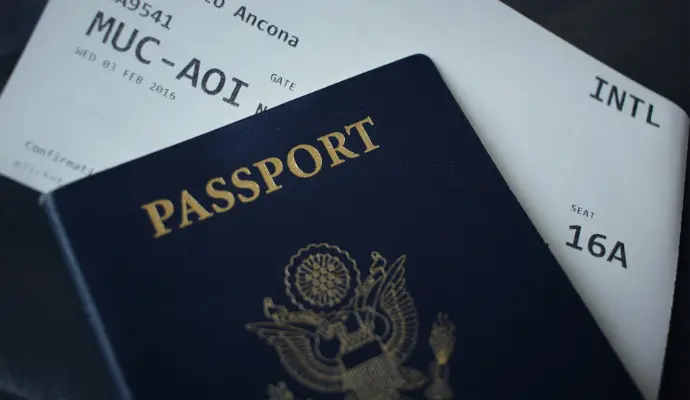🇨🇿 Czech Republic Visa Application
Dear visitors, welcome.
In 2025, you can find all the necessary details on our page regarding the Czech Republic visa procedures required for your travels. Turkish citizens who wish to travel to the Czech Republic for tourism, business, family visits, cultural or sports activities must obtain a visa. Each country has its own visa procedures that must be fulfilled, and for your Czech Republic trip you must comply with the rules set by the Czech Embassy and the Consulate General. First, you must determine the type of visa according to your purpose of travel, and then prepare the documents accordingly. Short-term trips to the Czech Republic fall under the Schengen visa category. For trips under 90 days, you must apply for a Czech Schengen visa.
📌 Frequently Asked Questions About Czech Republic Visa
Can I enter other Schengen countries with a Czech Republic visa?
With the Schengen visa obtained, your first entry must be made to the country that issued the visa. Otherwise, for example obtaining a Czech visa and first entering Germany may cause problems in your future applications. After entering the Czech Republic first, you can travel to other Schengen countries.
Does the Czech Republic require travel health insurance?
Yes. All Schengen countries, including the Czech Republic, make travel health insurance mandatory for visa applications.
What are the important points to consider in Czech Republic applications?
Applications must be planned according to the applicant’s region of residence. Before traveling, the latest pandemic-related procedures must be checked. Official invitations must be original. After receiving your visa, carefully check the name, passport number, and dates on your visa.
Do I have to purchase my hotel and flight tickets for the Czech Republic?
No. Purchasing hotel and flight tickets is not mandatory for the Czech Republic. However, valid hotel and flight reservations should be included in your file to positively support your application. These reservations must remain valid during the application process.
📝 Czech Republic Schengen Visa
The Czech Republic is a member of the Schengen area, and short-term travels are subject to Schengen visa procedures. Holders of Diplomatic (black), Special (green), and Service (gray) passports are exempt from visas for trips up to 90 days. Ordinary (burgundy) passport holders are subject to the Schengen visa. Czech Republic visas are usually approved in accordance with travel dates, and longer-term multiple-entry visas are rarely granted.
📑 Required Documents for Czech Republic Visa
The required documents for a Czech Republic visa vary depending on the applicant’s occupational status and the purpose of travel. For tourism purposes, a tourist visa must be obtained; for business trips such as meetings, fairs, or conferences, a business visa; and for visiting relatives residing in the Czech Republic, a family visit visa must be obtained.
🕒 How Long Does It Take to Get a Czech Republic Visa?
Czech Republic visa applications are generally finalized within an average of 15 calendar days. However, this period may vary depending on the applicant’s personal situation, official holidays, and the workload of the consulates. Submitting incomplete or incorrect documents will prolong the result period. For foreign nationals residing in Türkiye, the processing time may also differ. To avoid any delays in your travel, it is recommended to apply at least 1 month before your planned trip.
💰 Czech Republic Visa Fee 2025
Czech Republic visa fees in 2025 vary depending on the visa type, entry numbers, and application category. The amount to be paid consists of the consular fee, application center charges, and service fees. The visa fee is mandatory for the evaluation of your application and will not be refunded even if your application is refused.
❌ Czech Republic Visa Refusal
The authority to finalize Czech Republic visa applications belongs solely to the Czech Republic’s foreign representations. Even if your documents are complete, your application may still be refused, and the consulate is not obliged to explain the reason. Refusal usually occurs due to incomplete documentation, insufficient bank account funds, or incorrect declarations. A refusal does not mean that you cannot apply again; you may reapply after correcting the deficiencies.


